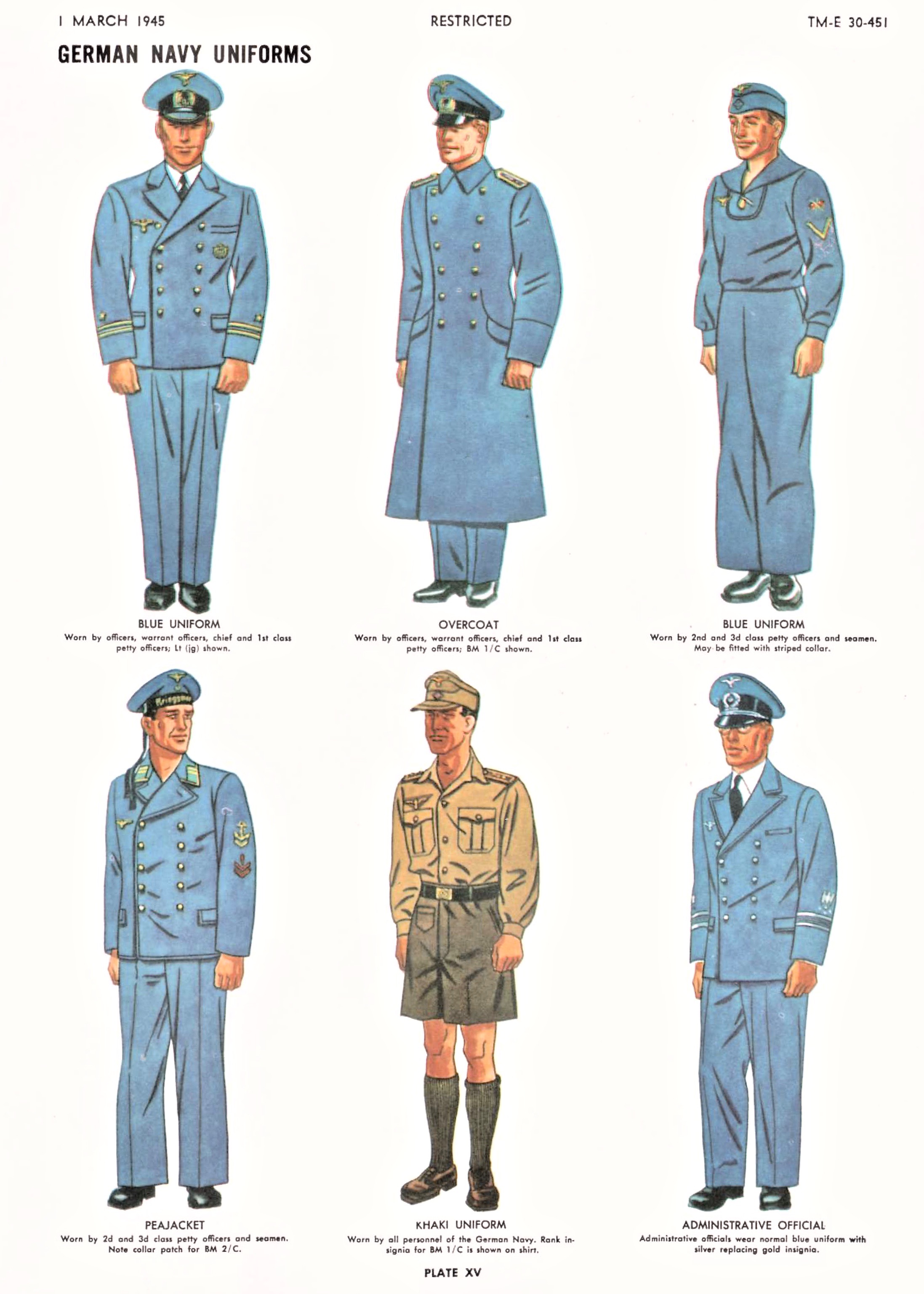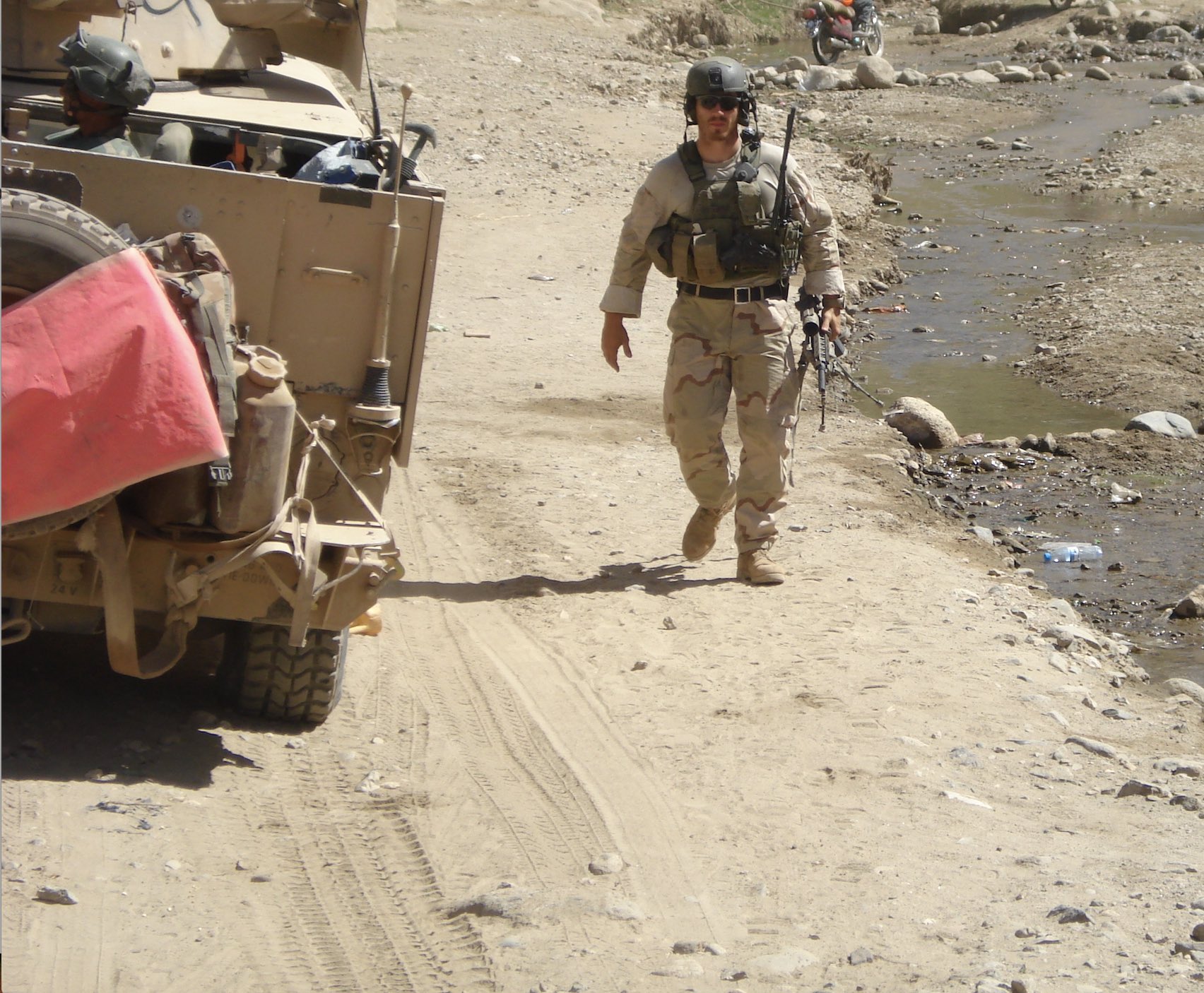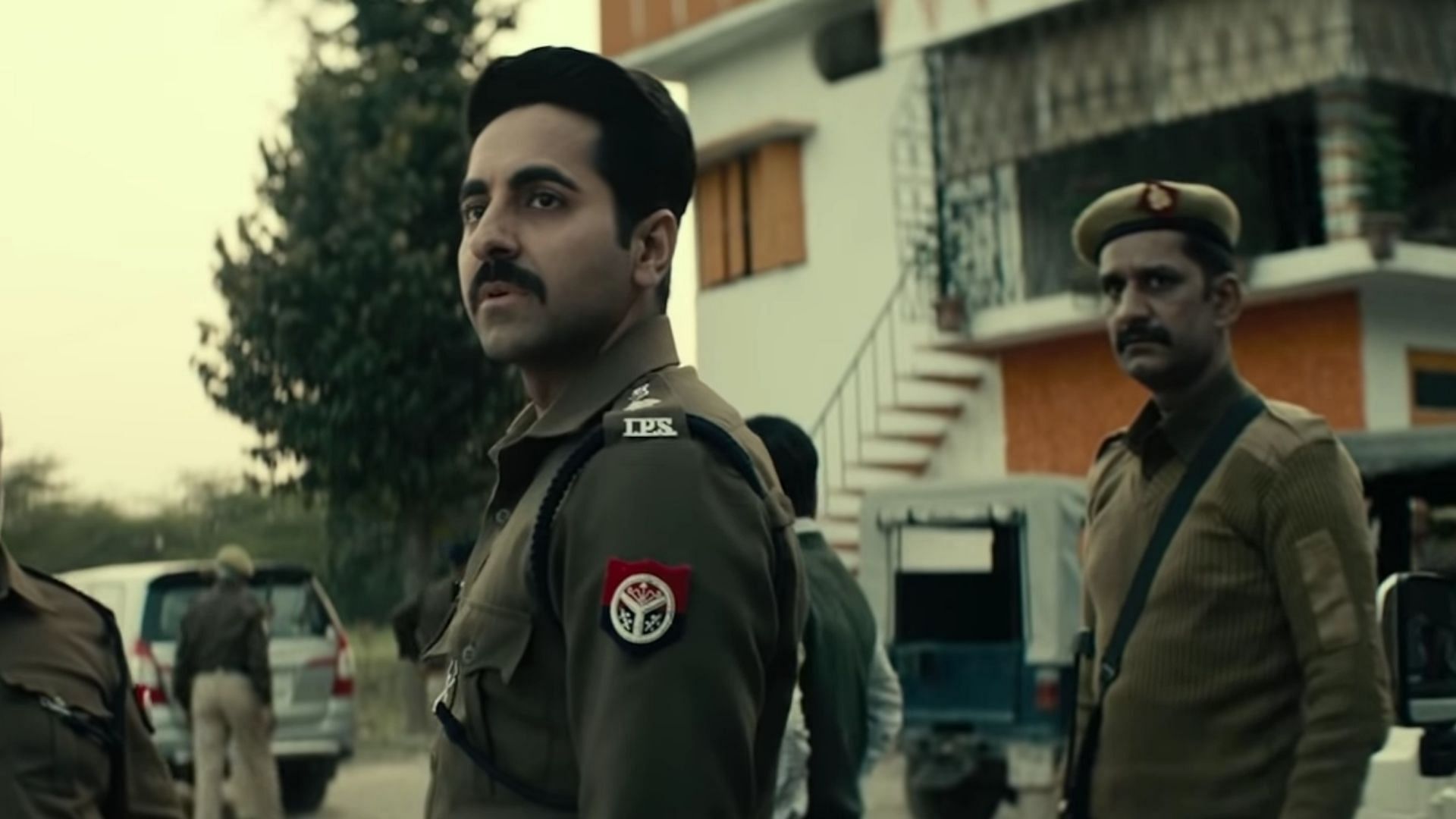Article 15 Military - Subsec. (c). Pub. L. 87–648 substituted “under subsection (b)(2)(A)–(G) as the Secretary concerned may specifically prescribe by regulation” for “to be imposed by commanding officers as the Secretary concerned may by regulation specifically prescribe, as provided in subsections (a) and (b),” and deleted “for minor offenses” after “an officer in charge may”.
Amendment by Pub. L. 90–623 intended to restore without substantive change the law in effect on Oct. 22, 1968, see section 6 of Pub. L. 90–623, set out as a note under section 5334 of Title 5, Government Organization and Employees.
Article 15 Military

Not every misconduct by a member of the military warrants a court martial hearing. Sometimes, commanders can issue Article 15, also known as non-judicial punishment, to soldiers who violate UCMJ regulations that do not require a trial or violate local or federal laws.
Understand Why You Have Received Article
Commanding officers also have the discretion to suspend punishments for up to one year. Effectively, this means that punishment is not carried out unless the defendant fails to comply with the terms of the suspended sentence.
They have the right to appeal if found guilty, using a copy of the trial record. The Military Rules of Evidence apply in these proceedings, so there are limits to the admissibility of evidence similar to the limits in civil courts.
In contrast to formal courts-martial, Article 15 procedures in the U.S. military are a form of non-judicial discipline conducted by commanders. They do not result in a criminal record and may not affect a service member's record in the military.
These are the most common type of disciplinary proceedings in the armed forces and are usually limited to minor violations. A more serious offense will be handled through a formal court-martial. If a service member does not want to accept Article 15 penalties, they can request a court-martial, but this may result in more severe consequences.
The Potential Penalties Of A Non-Judicial Punishment
You may want to talk to a military law attorney if you are considering requesting a court-martial instead of accepting Article 15 penalties. You can see the evidence against you before the process begins, as well as the nature of your charge and the names of your accuser and prosecution witnesses.

You can request that a spokesperson or other service members speak on your behalf. However, a single officer will evaluate the evidence and make a decision. 1962—Subsec. (a). Pub. L. 87–648 redesignated former subsec. (b) as (a), inserted references to such regulations as the President may prescribe, permitted limitations to be placed on the categories of warrant officers exercising command authorized to exercise powers under this article, and on the kinds of courts-martial to which
a case may be referred upon demand therefore, promulgation of regulations prescribing rules with respect to the suspension of punishment authorized by this article, and the delegation of powers to a principal assistant by a commanding officer exercising general court-martial jurisdiction or an officer of general
or flag rank in command, if so authorized by the Secretary's regulations, and prohibited, except for members attached to or embarked in a vessel, imposition of punishment under this article on any member of the armed forces who, before imposition of such punishment, demands
Summary Court-Martial
trial by court-martial. Former subsec. (a) redesignated (b). Amendment by Pub. L. 114–328 effective on Jan. 1, 2019, as designated by the President, with implementing regulations and provisions relating to applicability to various situations, see section 5542 of Pub.
L. 114–328 and Ex. Ord. No. 13825, set out as notes under section 801 of this title. They have the right to know the maximum possible sentence before the process begins and they can plead guilty or not guilty.
They also have the right to make a statement or present more evidence to support a reduction in their sentences if they are found guilty. (They can ask to postpone any part of their sentence that involves confinement.)
Article 15 of the Uniform Code of Military Justice allows a commanding officer to decide innocence or guilt and, if necessary, administer punishment to an offender when a military man gets into trouble for a misdemeanor that does not require a court hearing.

How An Article Military Works
Non-judicial punishments follow an investigation into unlawful conduct by a member of the armed forces and a hearing to determine the deserving punishment. If the commanding officer determines that Article 15 is appropriate, they will inform you of the intended action alongside any supporting evidence.
You will also be notified of your rights. Understanding the reasons behind your Article 15 action is crucial before deciding the way forward. A military service member may be able to have their record of an Article 15 violation removed if they do not commit any more violations for a certain time.
This may be two years if the Article 15 was filed at the Judge Attorney General's office on a military basis. Sometimes getting a promotion can wipe out a record of an Article 15 violation as well.
Restrictions on correctional custody, base, or other specified limits typically cannot last more than 30 days, and the range cannot be reduced more than one degree. The payment can generally be reduced to no more than half for two consecutive months.
Summary Courts-Martial
It is advisable to get experienced counsel before making the call to refuse or accept the non-judicial punishment. You may expose yourself to heavier penalties should you choose to go the court-martial way. While Article 15 will not necessarily derail your career, everything depends on making sure you have experienced legal guidance.
You can ask your commander to help you ask the FBI to remove the record of your arrest, or you can submit a request under privacy laws. As noted above, Article 15 does not give rise to a criminal record, so you should not face the same kinds of obstacles that people with convictions in civil court often face.
Military service members have a basic set of rights at a summary court-martial. They will be allowed to present witnesses and evidence, and they are free to remain silent without an inference of their guilt. They have a right to know the maximum possible sentence before the proceedings begin, and they can plead guilty or not guilty.

They also have a right to make a statement or present further evidence to support a reduction in their penalties if they are found guilty. (They can ask to defer any part of their sentence that involves confinement.) They have a right to appeal if they are found guilty, using a copy of the trial record.
Impact Of Article
The Military Rules of Evidence apply in these proceedings, so there are limits on the admissibility of evidence that are similar to the limits in civilian courts. The Army and Air Force often use the term "Article 15 hearing," but the Marines call them "Business Hours" and the Navy refers to them as "Captain's Mast" or "Admiral's Mast," depending on rank.
of the member in command. official. Amendment by section 13(b) of Pub. L. 98–209 effective Dec. 6, 1983, and amended by section 2(c) of Pub. L. 98–209 effective first day of eighth calendar month beginning after Dec.
6, 1983, see section 12(a)(1) of Pub. L. 98–209, set out as a note under section 801 of this title. Article 15 punishments are not severe compared to court-martial sentences. For instance, the custodial sentence, if any, cannot exceed eight days.
Your rank may not be downgraded by more than one grade, nor can your pay be reduced by more than two-thirds for the month in which the offense occurred. An Article 15 case may refer to a less formal type of court-martial, known as a summary court-martial.
Arrests And Civilian Consequences
If you do not want your case to be decided in summary court-martial, you have the right to reject it. You are not entitled to a free military defense attorney in summary court-martial, as you would in other types of court-martial, but you can hire a civil defense attorney if you wish.
To initiate Article 15 action, a commander must have reason to believe that a member of his command has committed an offense under the UCMJ. A minor offense is defined as misconduct that is normally no more serious than that usually dealt with in a summary court-martial and where the maximum punishment is 30 days imprisonment.

An Article 15 hearing is more of a legal proceeding than a trial and involves the chain of command with references that speak for or against the accused. By comparison, an Article 15 hearing is more similar to a misdemeanor court than a felony court, which would be more comparable to a court-martial.
If, after preliminary investigation, the commanding officer determines that the disposition by the NJP is appropriate, the commanding officer should inform the accused that the NJP is being considered for the offense, along with the contemplated action, the suspected offense.
What Is An Article ?
, government evidence, right to refuse. NJP, and the right to consult with an independent attorney. 1968—Subsec. (e). Pub. L. 90–623 substituted "or a legal specialist or lawyer of the Coast Guard or Department of Transportation" for "or a legal specialist or lawyer of the Marine Corps, Coast Guard, or Treasury Department".
An Article 15 case may be referred to a less formal type of court-martial, known as a summary court-martial. If you do not want your case to be decided at a summary court-martial, you have the right to refuse it.
You can see the evidence against you before the proceedings begin, as well as the nature of your charge and the names of your accuser and prosecution witnesses. You can ask for a spokesperson or other service members to speak on your behalf.
However, a single officer will evaluate the evidence and make a decision. They will question both the accuser and the accused about their version of events, and they can ask for legal advice from a judge advocate if needed.
Types Of Article Punishments
A service member can have his or her history of an Article 15 violation expunged if he does not commit further violations within a specified time. This could be two years if Article 15 was filed at the Attorney General's office on a military base.

Otherwise, a violation of Article 15 may affect your future access to security clearances, as well as your chances of getting a promotion or certain types of assignments. Sometimes getting a promotion can also erase a history of an Article 15 violation.
Non-judicial punishment is the result of an investigation into wrongful conduct and a subsequent hearing to determine whether and to what extent an accused should be punished. Typically, when a complaint is filed with an accused's commanding officer (or if that commander receives an investigative report from a military law enforcement source), that commander is required to conduct an investigation to determine the truth.
of the matter. If you were arrested during the events that resulted in Article 15 penalties, you may face consequences in your civilian life. This is because arrests may be reported to the FBI. You can ask your commander to help you ask the FBI to remove the record of your arrest, or you can submit a request under privacy laws.
As noted above, Article 15 does not result in a criminal record, so you should not face the same types of obstacles that people with convictions often face in a civil court. Imposing penalties under Article 15 in the Army and the Air Force requires proof of a violation beyond a reasonable doubt.
Imposing penalties under Article 15 in the Navy and the Marines requires clear and convincing proof, which is a lesser standard. The military has its own laws and regulations, all of which can be found at the UCMJ.
Not all violations of the rules are serious enough to require a legal hearing, so Article 15 provides an alternative to a court-martial, which is a trial with a jury made up of military officers, warrant officers, or Enlisted members, based on the
rank of the defendant.1 Amendment by Pub. L. 107–296 effective on date of transfer of Coast Guard to Department of Homeland Security, see section 1704(g) of Pub. L. 107–296, set out as a note under section 101 of this title.
The commanding officer has several options for determining punishment, but none of them can be severe. The limits on punishments may vary depending on the rank of the commanding officer and the rank of the accused.











